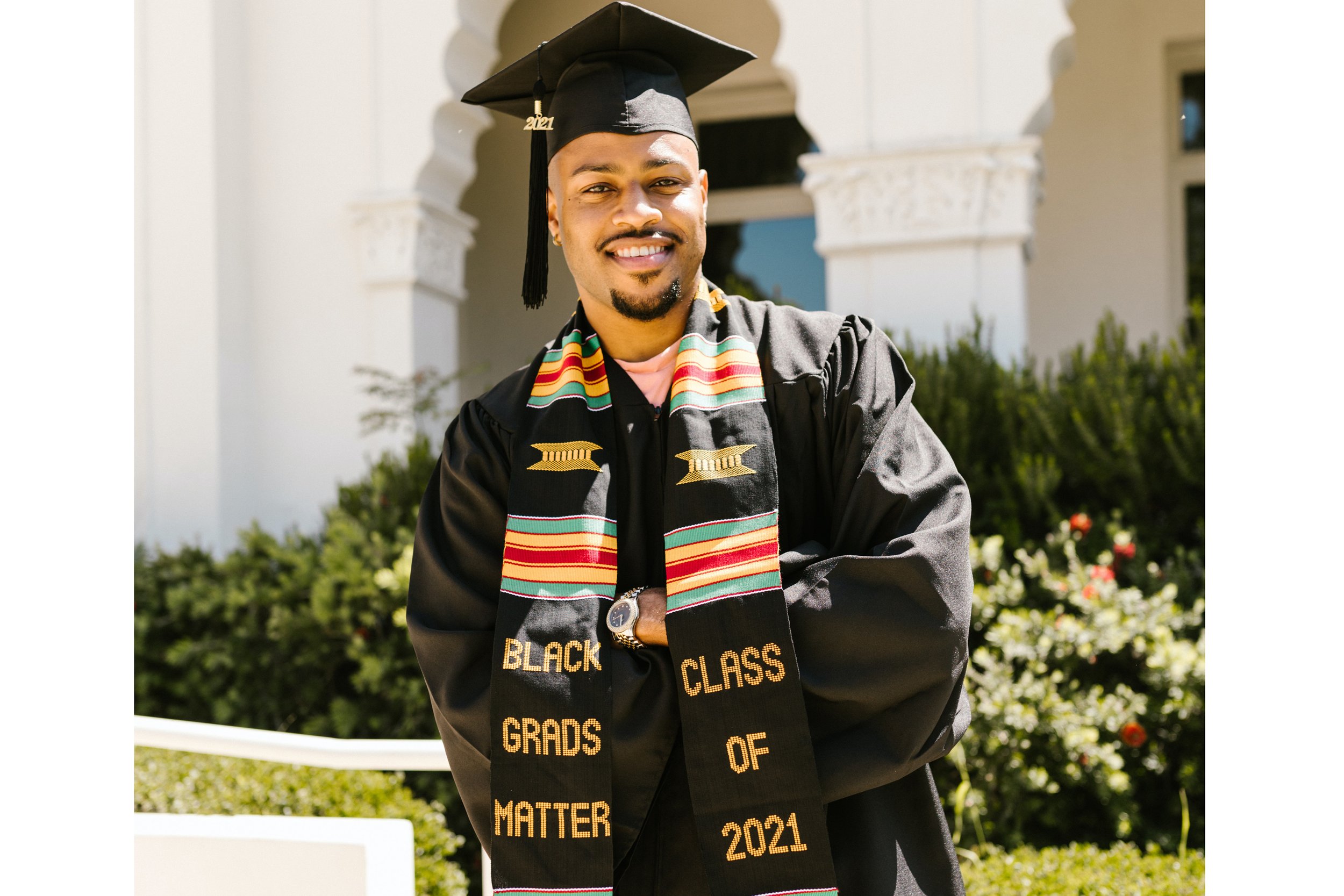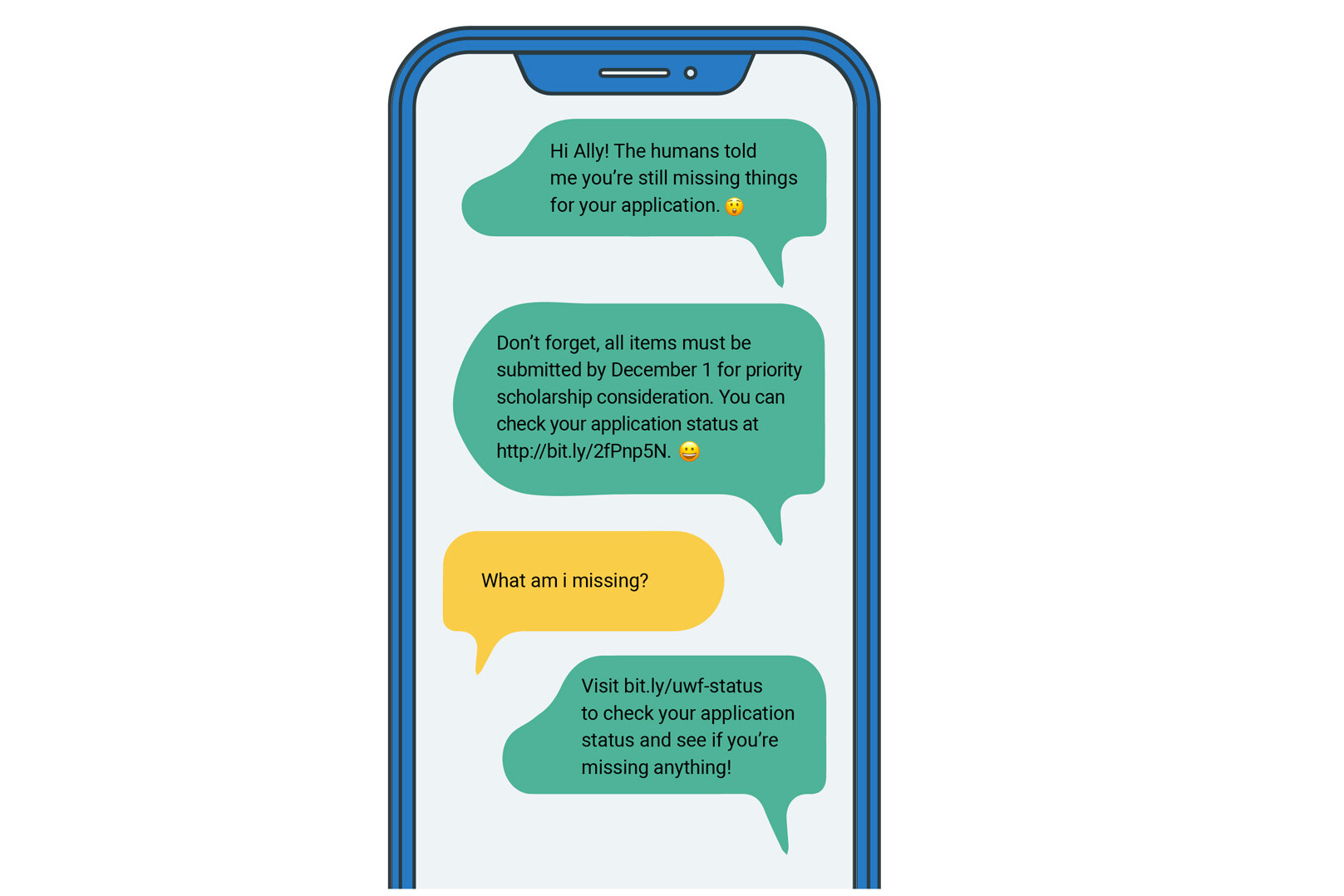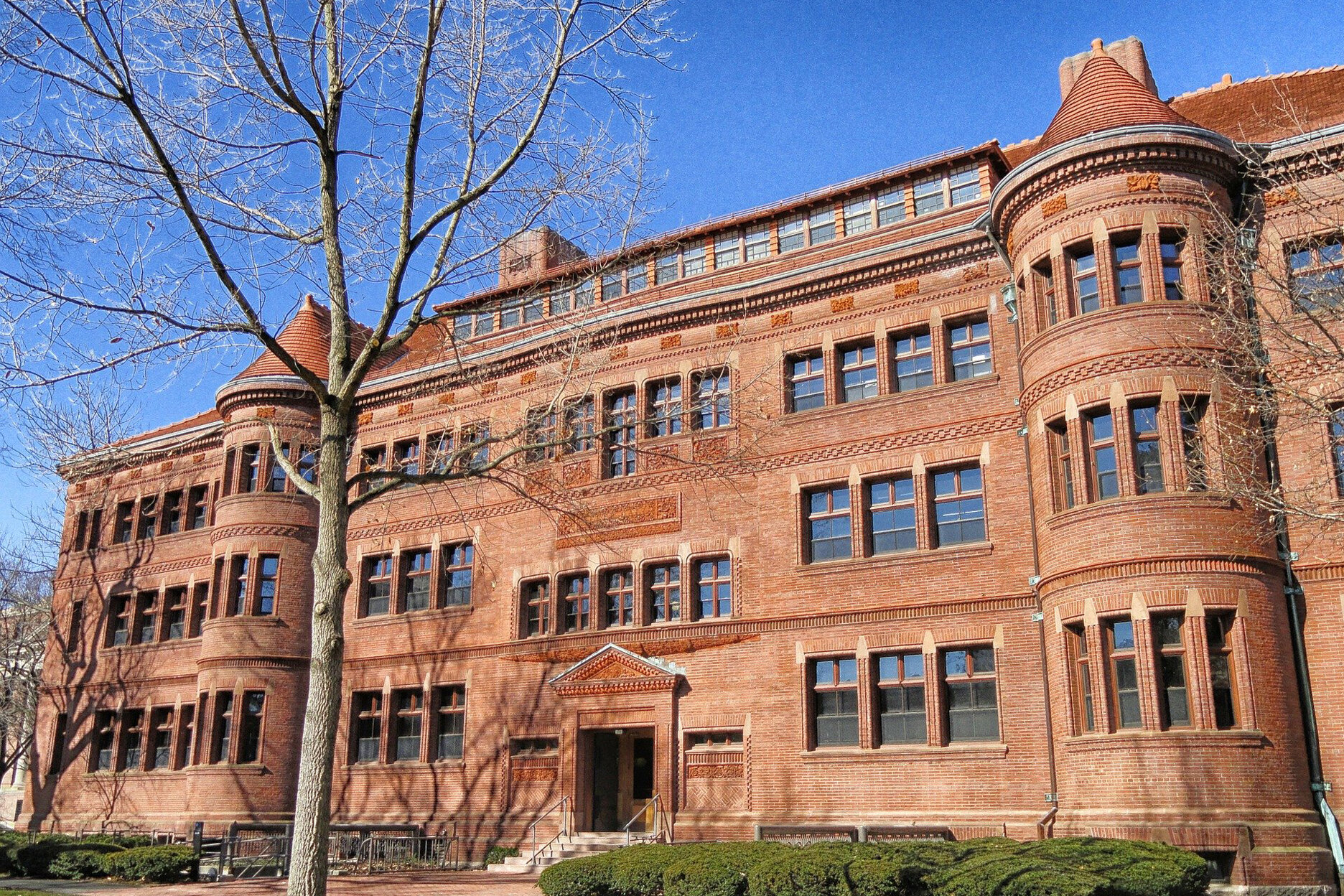After Race-Conscious Admissions: How to Provide Strategic and Aggressive College Application Advice to Academically Ambitious Black Students
The Supreme Court’s ruling in Students for Fair Admissions prohibited the consideration of race in college admission decisions. Kamal A. James and Dr. Irvin L. Scott provide guidance for fellow educators working to support academically ambitious Black students as they prepare for the college application process.
The New Innovator's Dilemma: Fostering Young Talent in the Age of AI
AI is dramatically changing entry-level work by reducing opportunities for human-to-human feedback and mentorship. Some employers and educators, however, are finding ways to help recent graduates and young workers gain the experience and connections needed to launch their careers.
Reframing Diversity, Equity and Inclusion in Higher Ed Through Olympic Values and Game Theory
OPINION COMMENTARY:
The merits of diversity, equity and inclusion (DEI) initiatives are being fiercely debated on university campuses and elsewhere in society. Dr. Judi Brown Clarke, a chief diversity officer at a public research university and Olympic medalist, advocates for incorporating Olympic values and game theory into DEI initiatives thereby creating inclusive campus environments.
Facing the Future: The Urgent Need for Innovation in Higher Education
Former college president Brian Rosenberg explores the pressing need for change in higher education and why the industry is resistant to even discussing the crisis it faces. He paints a stark picture of an industry at a crossroads, highlighting the urgent need for innovation, adaptation, and a reevaluation of structures and practices to continue fulfilling its essential societal role.
SCOTUS Opinions on Student Admissions and Debt Harm Our Economy
OPINION COMMENTARY:
Achieving racial equity has gone beyond a moral imperative to become an economic imperative for this nation. Peter Williams explains how the Supreme Court’s decisions on affirmative action and student loan debt makes the problem worse.
What Now? HBCUs Are Ready to Respond to the Supreme Court's Decision on Affirmative Action
OPINION COMMENTARY:
When the doors of college were reserved for whites only, Historically Black Colleges and Universities (HBCUs) gave African Americans the education they deserved and the strength to rise above bigotry. In the wake of the Supreme Court’s decisions that throttle affirmative action, 2021 Harvard ALI Fellow Terry Edmonds reminds us of the role HBCUs played in the past and the expanded role they may play now.
We Should Trust Youth to Drive Their Own Learning
OPINION COMMENTARY:
Studies suggest that too many young people believe what they are learning is not interesting and has no connection with life beyond the classroom. Courtney Welsh and Scott Hefter suggest new models and programs that would allow youths to structure their own curricula.
Solving Workforce Skills Gaps: Community Colleges, Employers and Integrators
FUTURE OF WORK SERIES:
Quality jobs that provide local living wages and equitable access to career pathways have become a critical part of the “future of work” conversation. Richard Kane and Barry Puritz of the Harvard Business School Club of New York’s Skills Gap Initiative, and Kenneth Adams, President of the LaGuardia Community College, discuss the creation of a non-degree program that is providing life-changing career pathways for individuals from low-income communities.
College Attainment: A Right and a “Right-Fit” Approach for Underrepresented Students
College completion drives economic outcomes for Black and Latinx students in the US. Students from vulnerable communities can realize their college goals with “right fit” educational experiences. Lesley Poole, CEO, and Vincena Allen, Chief Growth Officer, of The SEED Foundation discuss their approach to ensuring college success for underrepresented students.
America’s Secret Weapon for Global Competitiveness is Diverse Tech Talent in the “Last Mile”
OPINION COMMENTARY:
As the United States falls behind other developed nations in building a workforce that fuels competitive innovation, Ruthe Farmer, founder and CEO of a non-profit fund focused on diversity and inclusion in tech proposes a plan with a high return on investment: low-income students in their last mile of earning a technical degree.
Connection Over Content: A New Era for Education Technology
TECHNOLOGY INNOVATION IN SOCIAL IMPACT SERIES:
The education technology market is booming around the globe, with software tools aimed at organizing and delivering academic content dominating the market beyond hardware. Julia Freeland Fisher, Director of Education Research at the Clayton Christensen Institute, calls for the edtech market to refocus its purpose on providing connection, not just content.
Embracing a More Honest Reckoning with History — A Historian’s Perspective on Education, Battling the Culture Wars in Schools, and Liberation
A conversation with historian, teacher and activist, Professor Timothy Patrick McCarthy, on the importance of embracing an honest reckoning with history, battling the culture wars in schools, and liberation dreaming in order to realize our best aspirations and intentions for public education.
The Slippery Policy Implications of Soapsuds
OPINION COMMENTARY:
Bob Levey provides a personal perspective on how individual institutions and organizations must also wrestle with the complex problem of homelessness within their own communities.
Hope for a Brighter Future for Education and Equity
THE FIRST 100 DAYS OF THE BIDEN-HARRIS ADMINISTRATION SERIES:
A conversation with John B. King, former Secretary of Education and President and CEO of The Education Trust, on the Biden/Harris administration's first 100 days in the education domain.
The Social Impact of UMBC: A Journey Over Three Decades
Reflecting on three decades of social impact work on the University of Maryland Baltimore Country campus and in the community, President Freeman Hrabowski, Peter Henderson, and Anthony Lane recognize the wide-ranging benefits of this engaged, solutions-oriented approach to education and community building.
Using Artificial Intelligence to Navigate the New Challenges of College and Career
Even before the outbreak of COVID-19, the path to economic opportunity in the United States has become less clear as workers’ careers have taken increasingly non-traditional routes. Mike Meotti and Drew Magliozzi paint a compelling portrait of how technology can carve new tracks and create new ways of working.
An Optimistic Outlook for Education (But It’s Complicated)
POST-ELECTION SERIES:
Paul Reville, Professor at Harvard Graduate School of Education and former Secretary of Education for Massachusetts, discusses the education legacy of the Trump administration, potential policy changes under the Biden-Harris administration, and the need for equitable funding and strategic approaches to address the challenges facing the education system, promoting equity and opportunity for all students.
What American Higher Education Can Learn from Africa
The majority of American colleges and universities are caught between two powerful and opposing forces: the compelling need to change and the structural resistance to change. Brian Rosenberg, President Emeritus of Macalester College, provides a compelling example of innovation in Africa and what the US education systems can learn.


















